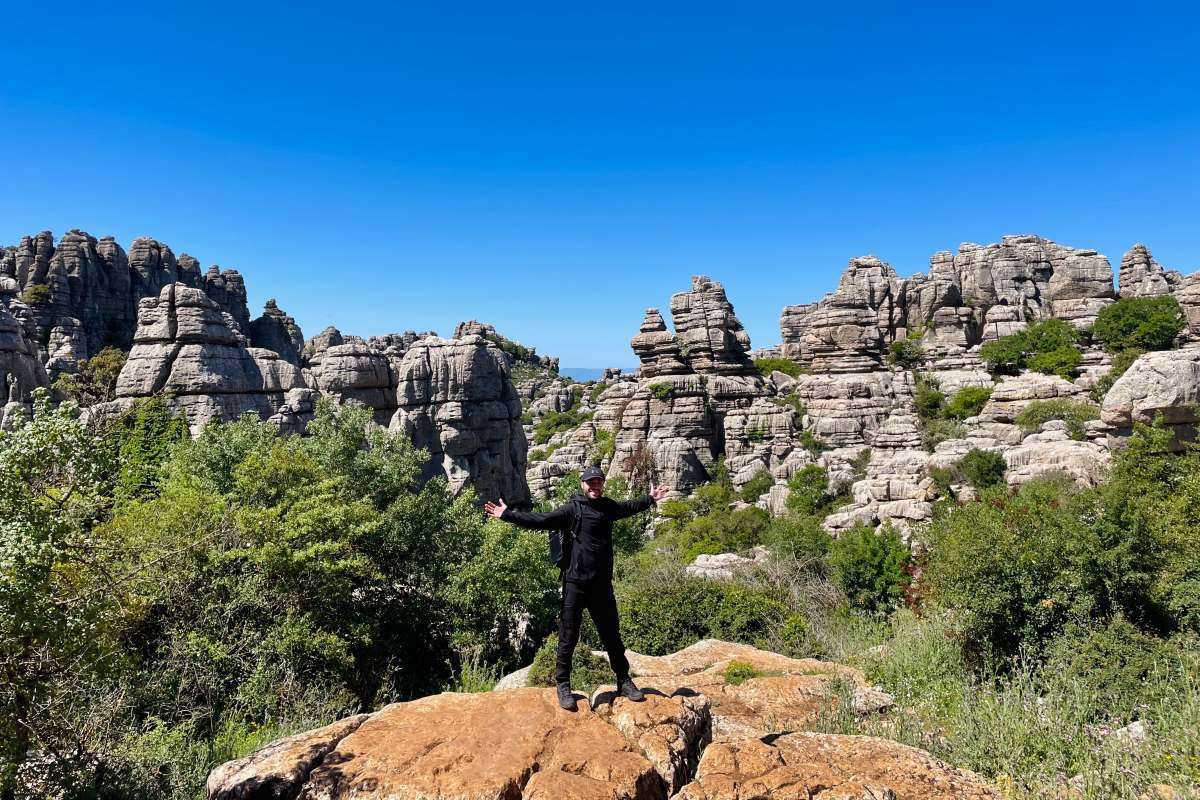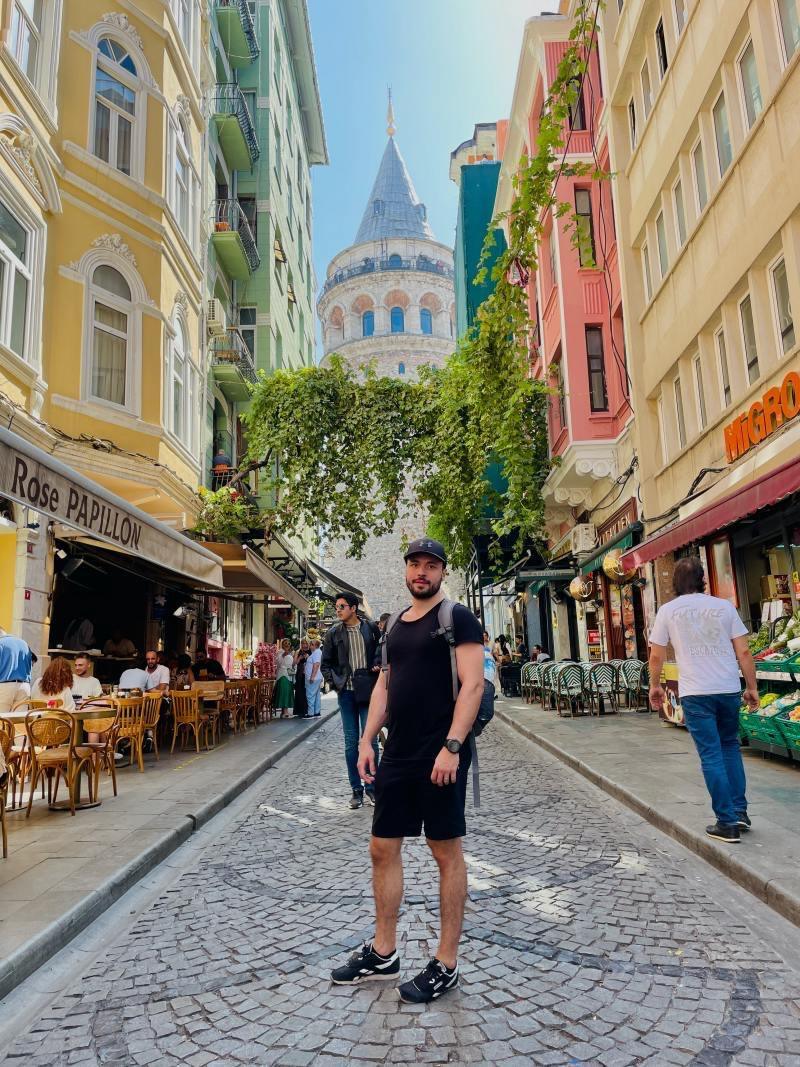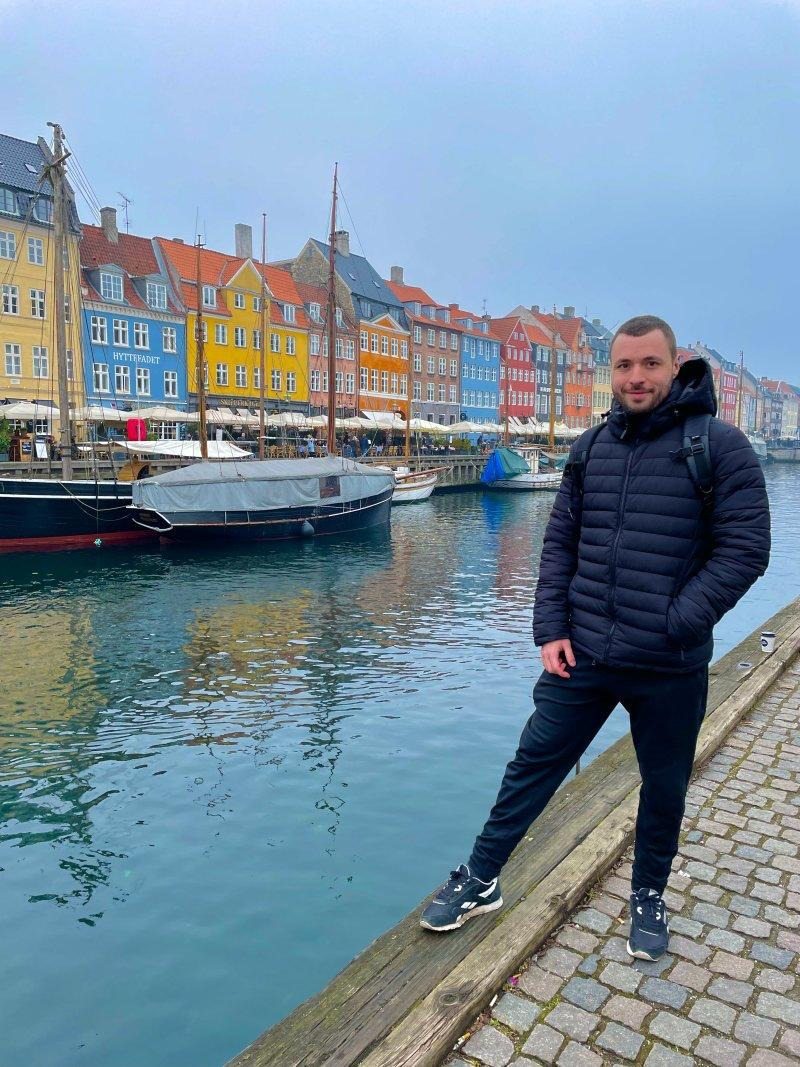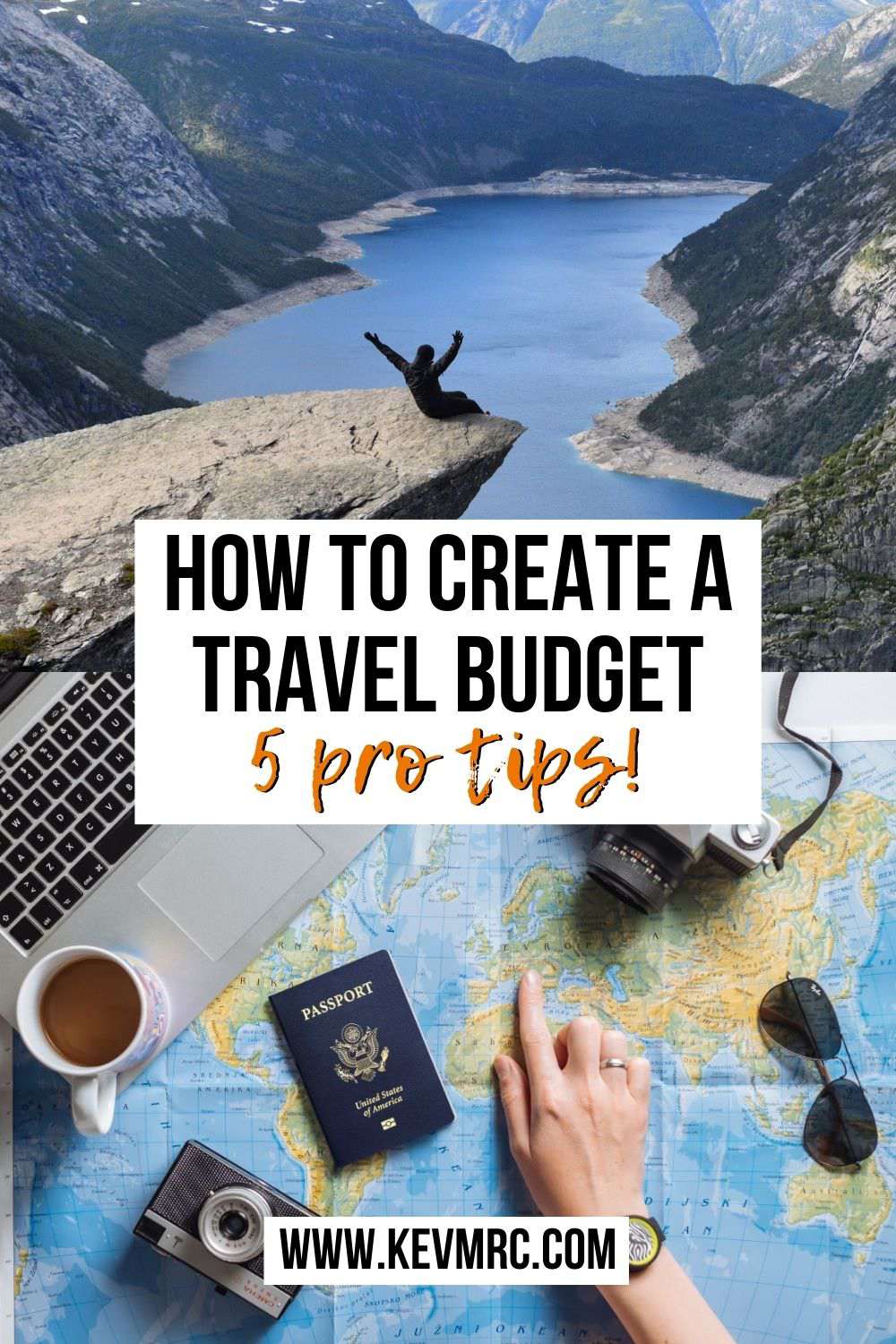Budgeting for a Trip: 5 Tips to Set a Realistic Budget (and Actually Stick to It)
Maybe you already have a destination in mind and want to figure out how much it’s going to cost. Or maybe you’ve got a rough budget and are trying to find a place that fits.
Either way, budgeting for a trip sounds easy… until you realize how quickly things can spiral out of control.
In this post, I’ll walk you through how to build a budget that actually works—something realistic, flexible, and easy to stick to while you’re on the road.
1. Start with Research, Not a Random Number
Saying “I have a $1000 budget for Cinque Terre” doesn’t really mean much.
Your budget depends on a lot of things—how many people you’re traveling with, your travel style, and especially the time of year.
Summer trip in Cinque Terre? You could end up paying double what you would in the shoulder season, especially for flights and accommodation. That’s why I never start with a fixed number in mind.
Instead, I always open Skyscanner first. I check the rough flight prices, get a sense of accommodation costs for my dates, and then start shaping my budget around that.
And one more thing—do your research early. I always recommend checking prices at least 5 months before your ideal travel dates. You’ll have more flight options, more affordable stays to choose from, and time to adjust your plans if needed.
👉 It’s not about forcing the trip into your budget, it’s about building your budget around what the trip realistically costs.

El Torcal de Antequerra in Spain
2. Break It Down by Category (And Be Honest About Your Travel Style)
Once you’ve done your research and chosen a destination, the next step is to break your budget down by category.
Think transport, accommodation, food, activities, and so on. But here’s the thing: your numbers will vary a lot depending on how you like to travel.
Personally, I rarely book tours unless it’s something really unique I can’t do on my own. It’s one of the easiest areas to save money, especially in destinations where self-guided exploring is just as rewarding. It just need a bit more research.
So when you start planning, be honest about your travel habits. Are you staying in hostels or boutique hotels? Eating street food or sitting down for dinner every night? Doing paid excursions or just wandering around?
Your answers will shape your budget more than you think.
👉 That’s why I use my own travel budget tracker. I can set custom categories for each trip and see exactly where my money’s going without trying to fit into a one-size-fits-all spreadsheet.

Learn more about the Travel Budget Tracker
3. Don’t Forget the Extra Costs (They Add Up Fast)
This is where most people get caught off guard. Not with the big stuff, but with all the little hidden extras that sneak in along the way.
Here are a few to keep in mind when planning a trip budget:
- Airport transfers: Budget for taxis, shuttles, or public transport on both ends of your flight. It’s easy to overlook, but it can cost more than you think.
- Tourist taxes: Some destinations charge a nightly fee per person. Always check if your accommodation adds this on top of the total price (if you’re using Booking, it’s written on the checkout page).
- SIM cards or roaming fees: Make sure to check your plan before traveling, as roaming can cost an arm and a leg in some countries. If you’re not covered, a local SIM or eSIM is often a cheap and easy solution (you can compare options on platforms like Get Your Guide).
- Tips: Tipping culture varies. In some countries it’s optional, in others it’s expected. It adds up over time, especially for meals and guided tours.
- Parking: This one caught me off guard on my last road trip in Andalusia. I didn’t think much of it, but by the end of the trip, parking had cost us around $250. Definitely something to plan for if you’re renting a car.
- Emergency: Always make sure you’ve got some extra money set aside, just in case. It could be a medical issue, a missed flight, or something unexpected that forces you to head home early. My rule: I don’t travel if I don’t have an emergency buffer.
These “extras” might seem minor, but they can throw off your whole budget if you’re not prepared.
I usually leave a bit of buffer room in each category, and my tracker helps me keep an eye on how they all add up across the trip.

Galata Tower in Istanbul, Turkey
4. Think in Terms of Cost Per Day
One way to stay on track, especially during the trip, is to look at your budget in daily chunks.
Let’s say you’ve set aside €1200 for a 10-day trip. That gives you around €120 per day.
Some days you’ll spend more, some less, but having a rough daily target helps you avoid blowing half your budget in the first 3 days.
It also helps you compare options more clearly: is that €80 dinner really worth 2 full days of food?
Even if you don’t calculate everything by the day, having that number in mind helps you make smarter decisions on the go.

Pic de l’Aigle in Jura, France
5. Keep Tracking While You Travel
Here’s where most travel budgets fall apart: they’re created before the trip, and completely ignored once the trip starts.
But that’s when you need it most.
Tracking your expenses as you go gives you a clear picture of how much you’ve spent, what’s left, and where you might be overspending.
It doesn’t have to be complicated, you just need a simple system that takes a minute a day.
That’s why I started using a simple tracker to log my expenses during the trip. Just a few numbers a day to stay on top of things. It’s simple: I keep the tickets of all the day’s spending, log them all in a few minutes before going to sleep, and it’s done.
It helps me stay aware of what I’m spending without overthinking it.

Nyhavn in Copenhagen, Denmark
Bonus Tip: Save Your Budgets for Later
Don’t delete your budget once the trip’s over, keep it as a reference. It will make your future travel plans easier!
I always save my filled-out trackers, especially for bigger trips. It’s super helpful when I’m planning something similar later, or when a friend asks, “Hey, how much did you spend in Portugal?”
If you’re using my Travel Budget Tracker, you can just use a new tab or duplicate the file for each trip and build your own little library over time.
Travel Tools
Use any of our recommended links below to book your trip. You pay the same, and we earn a small fee; a great way to support us!
Pin this to Pinterest!
Enjoyed this guide? Then help a fellow traveler and pin it! They'll most definitely love you for it, 100% guarantee.


